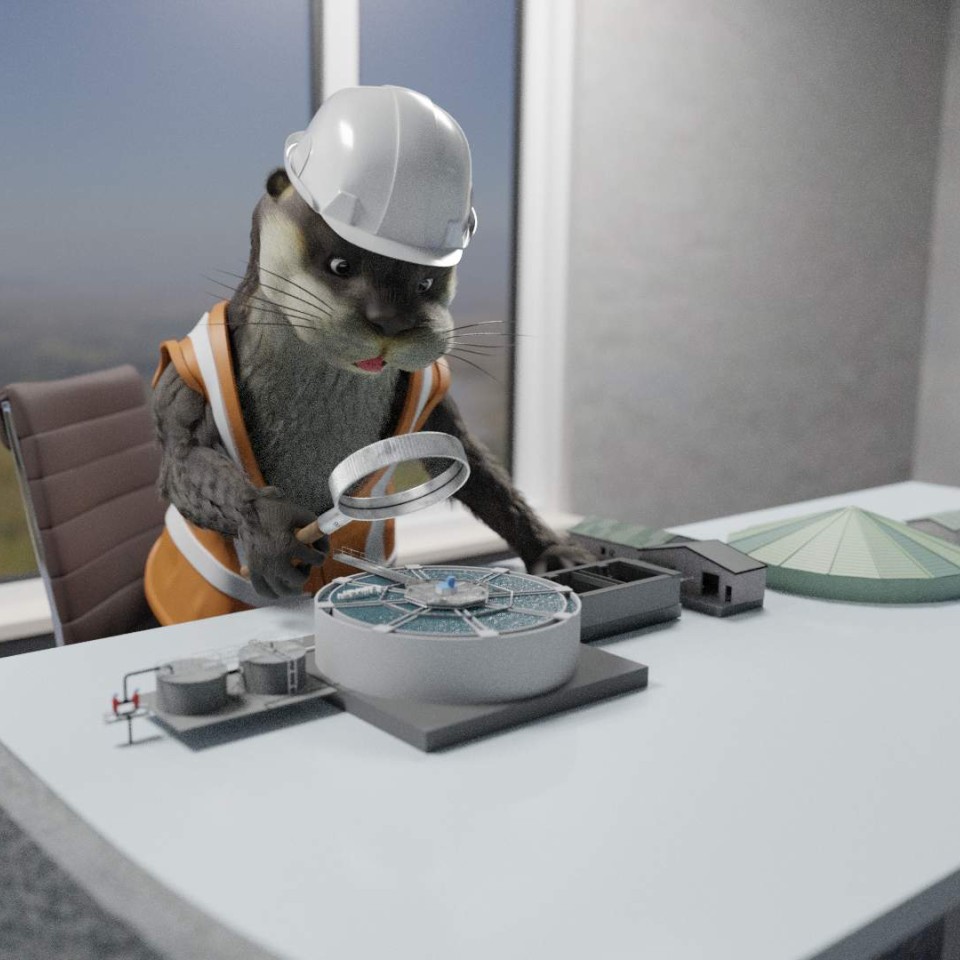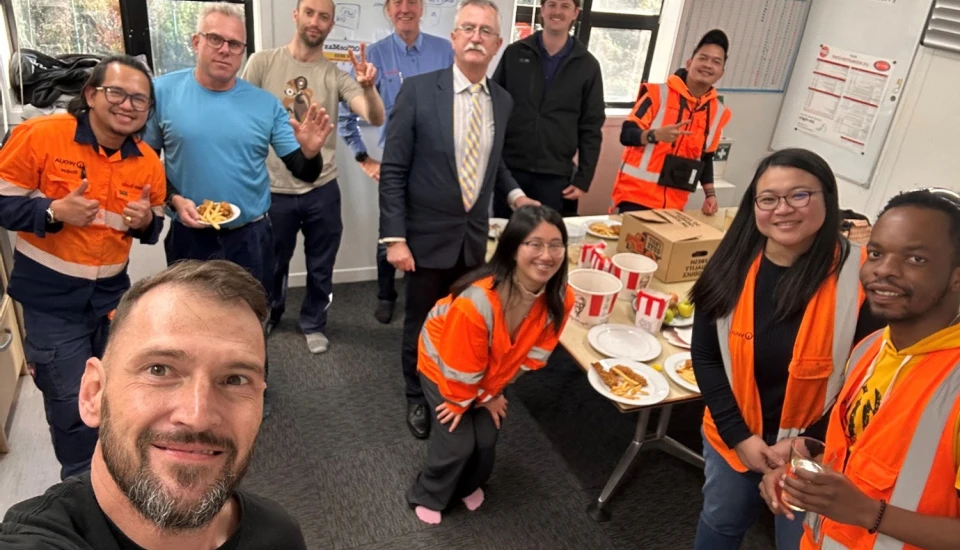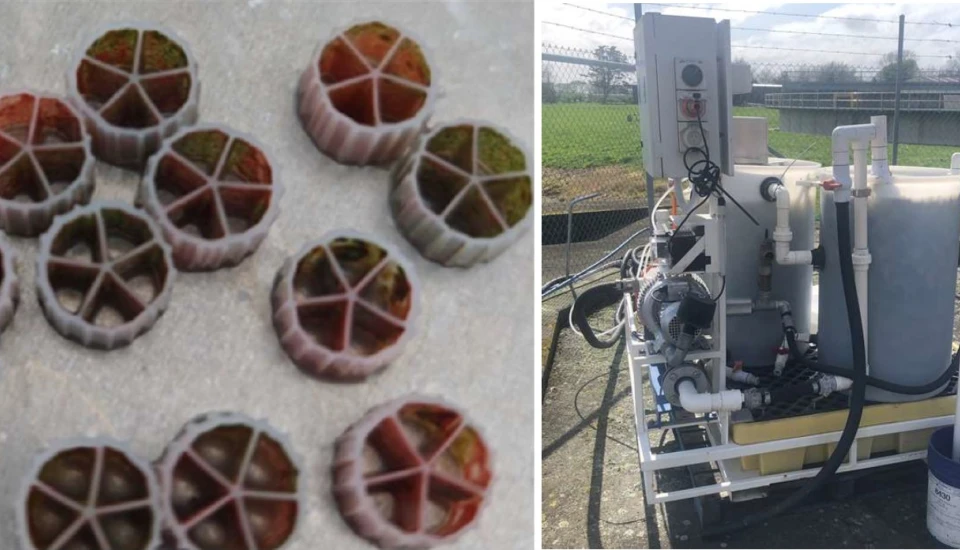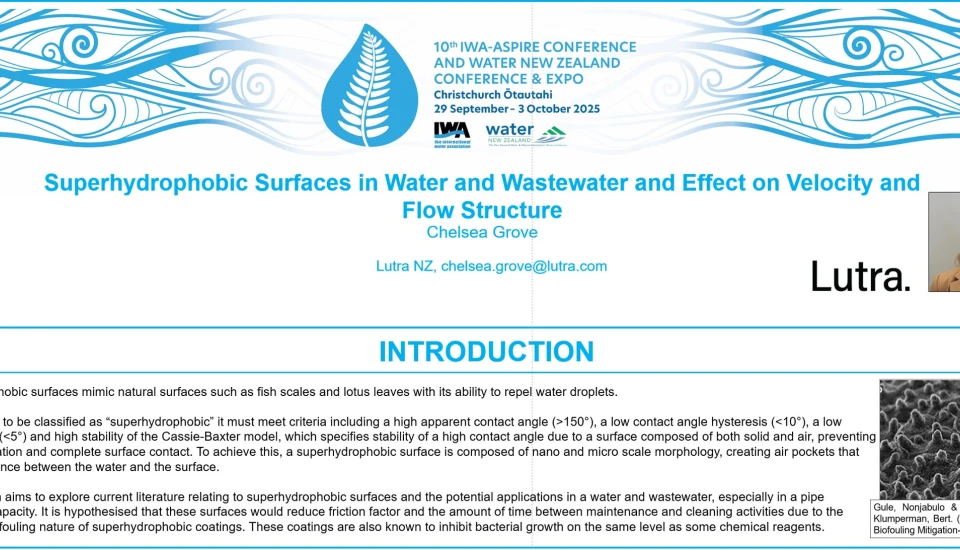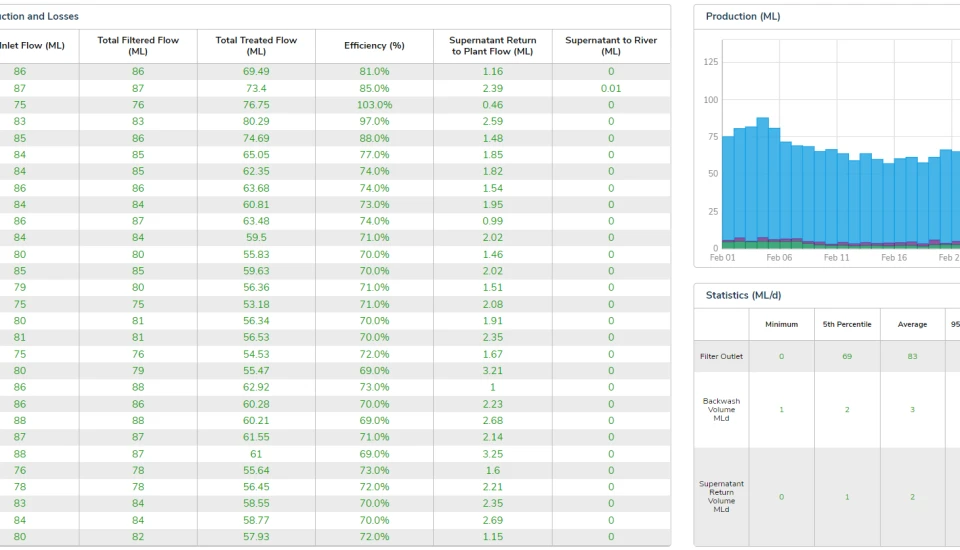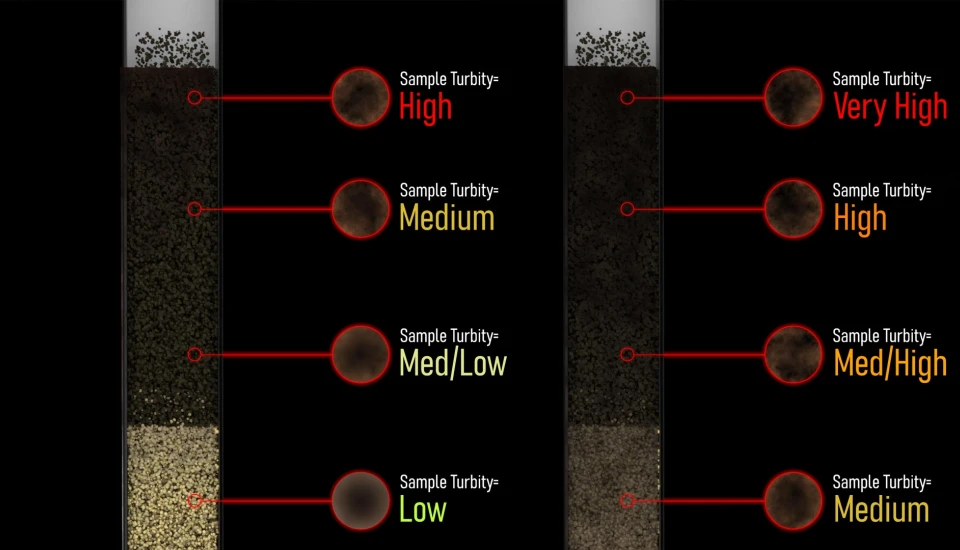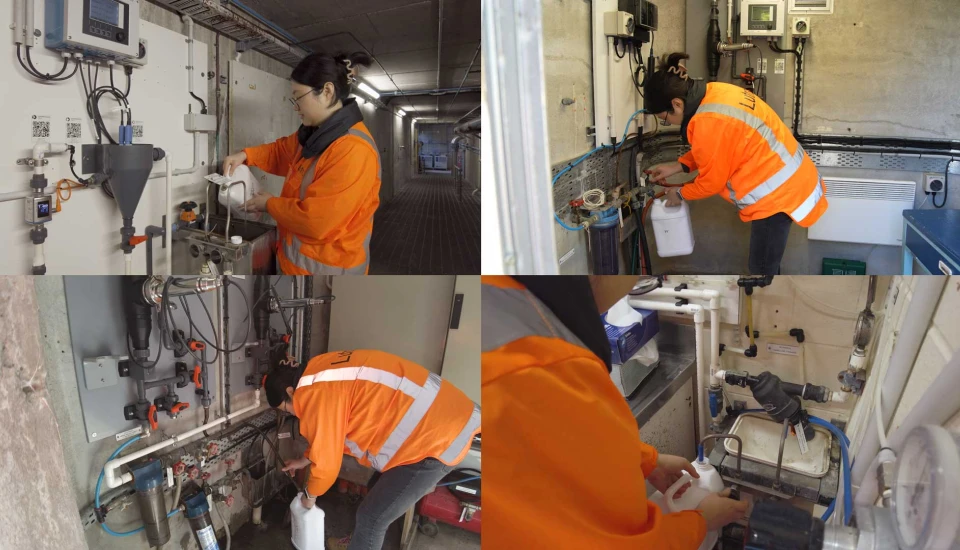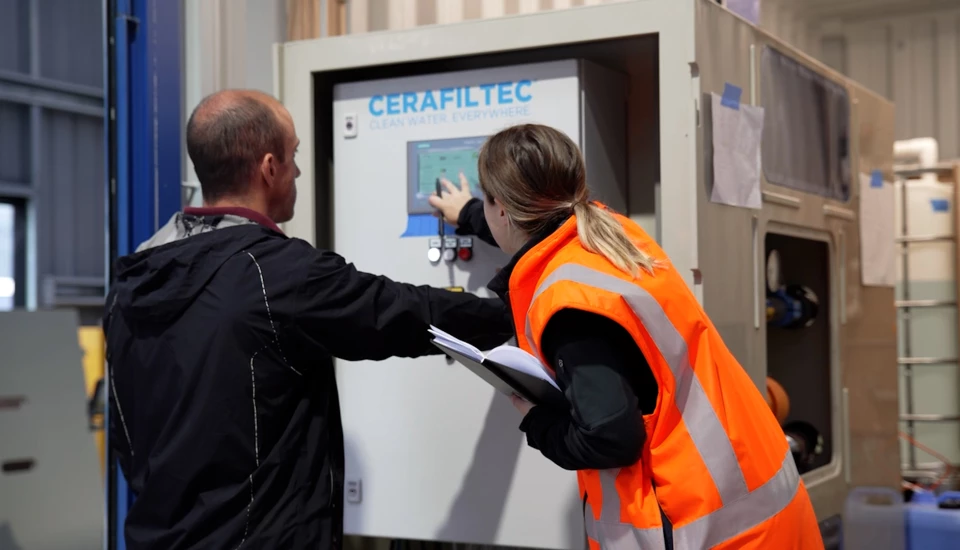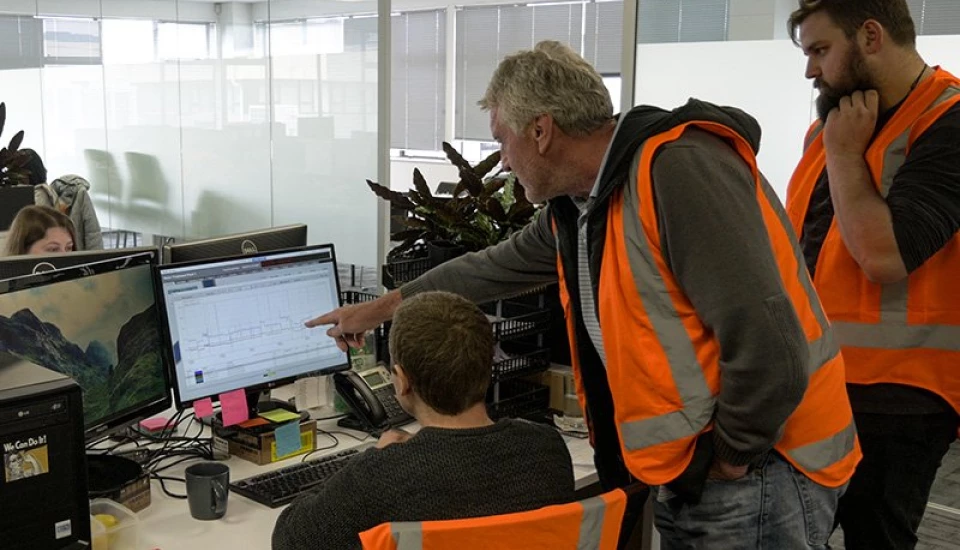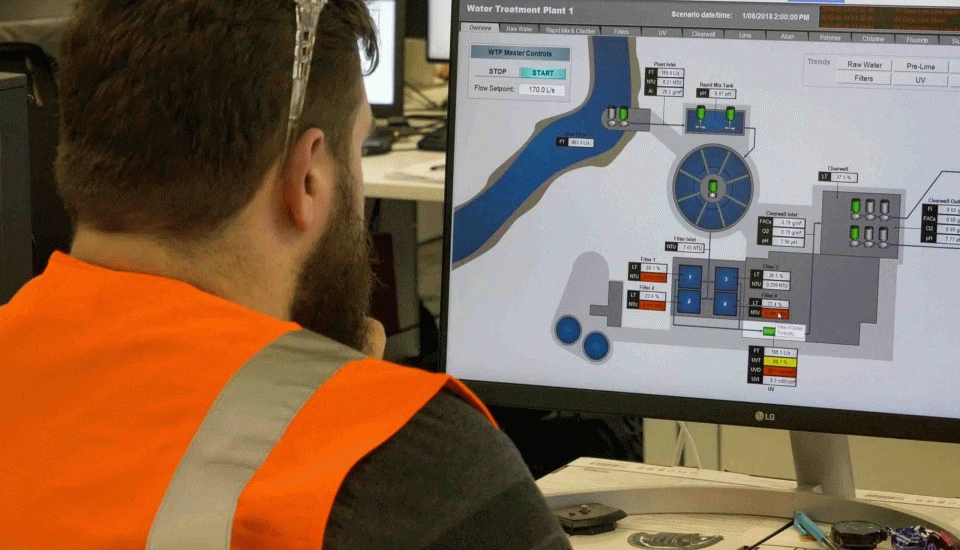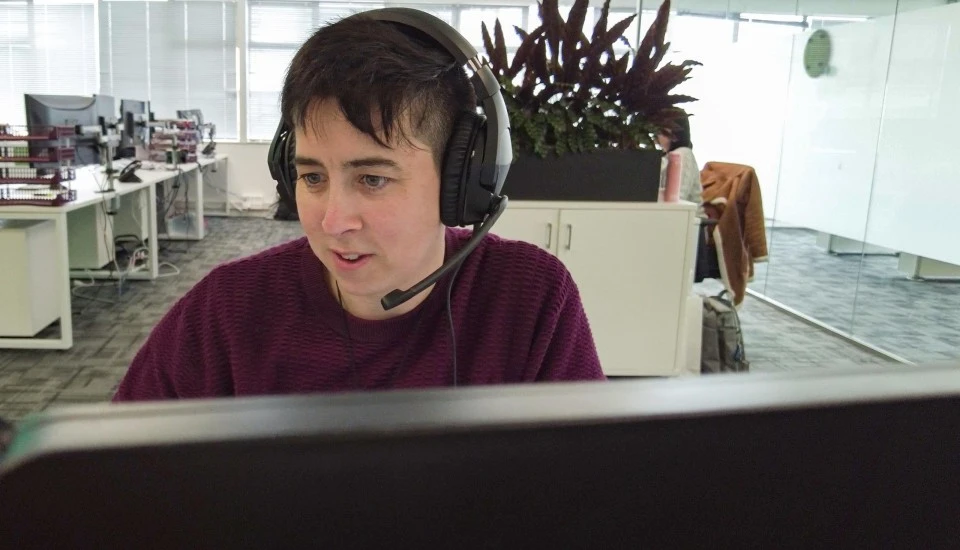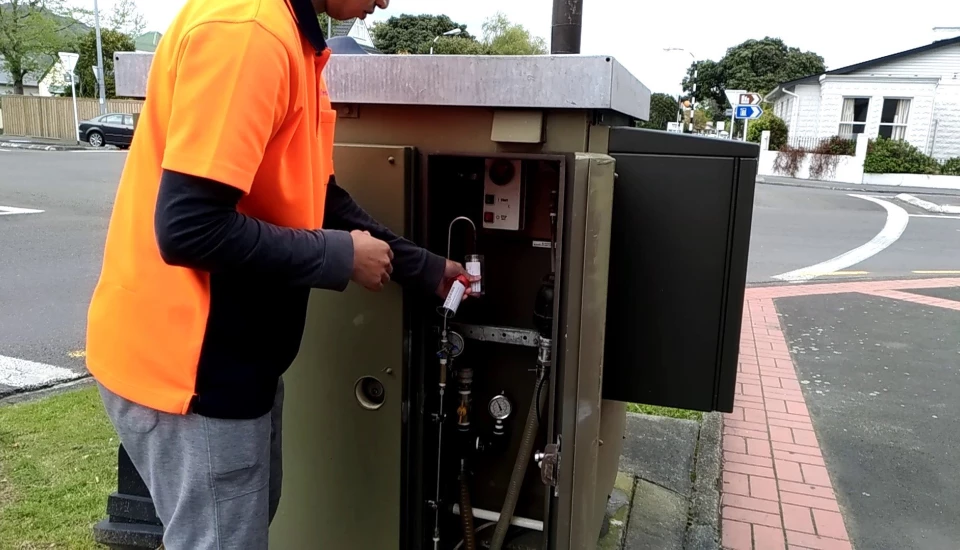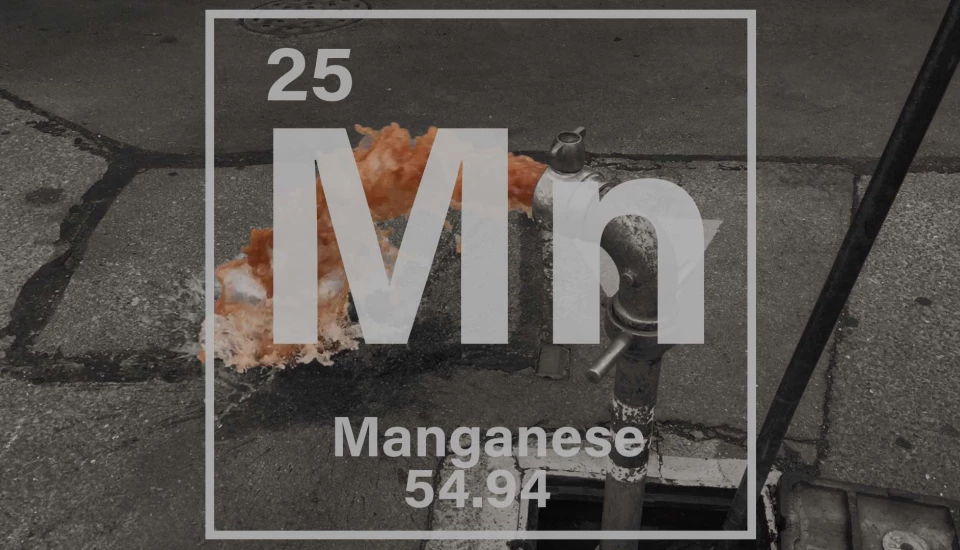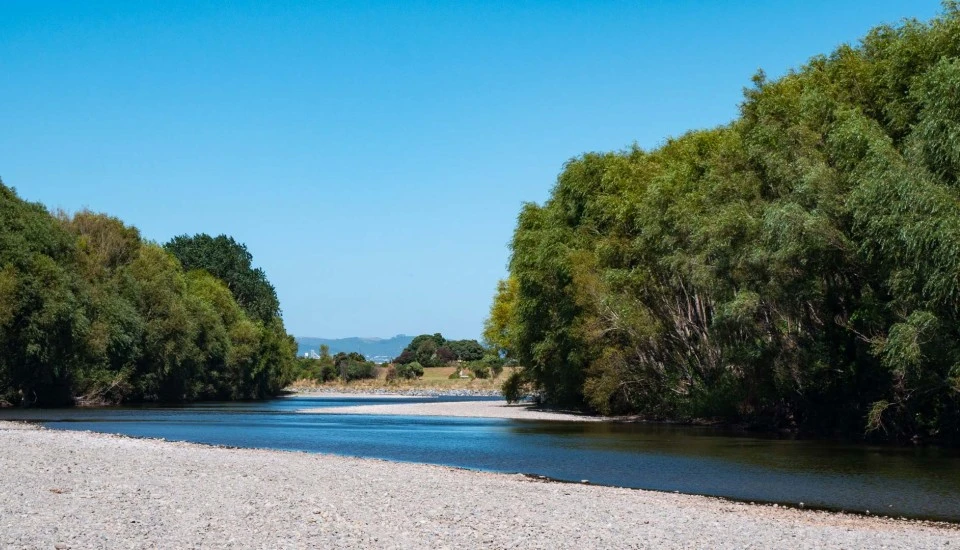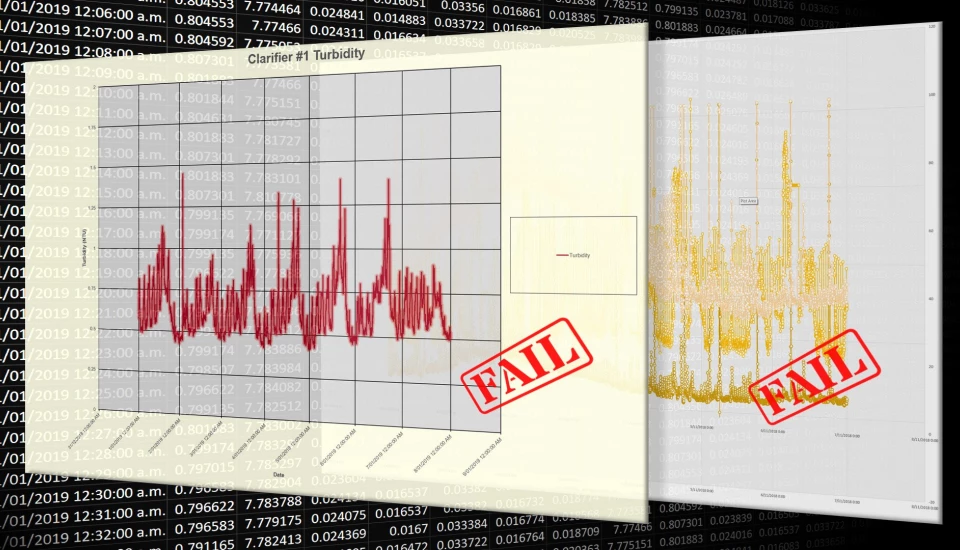Desktop Studies A Great First Step to Process Optimisation
In the world of water and wastewater process engineering, making informed decisions quickly and cost-effectively is crucial. One powerful tool that enablesway to do this is via a desktop study—a remote, data-driven approach to understanding and optimising treatment systems without the need for site visits.
What Is a Desktop Study?
A desktop study is an initial screening or feasibility assessment that relies on remotely collected data. Instead of physically visiting a site, engineers analyse existing datasets to gain insights into plant performance, identify issues, and explore opportunities for improvement.
These studies are particularly useful in scenarios where site access is limited or when a high-level overview is needed to guide future planning.
Watch The Full Lutra TV Episode on Desktop Studies Below:
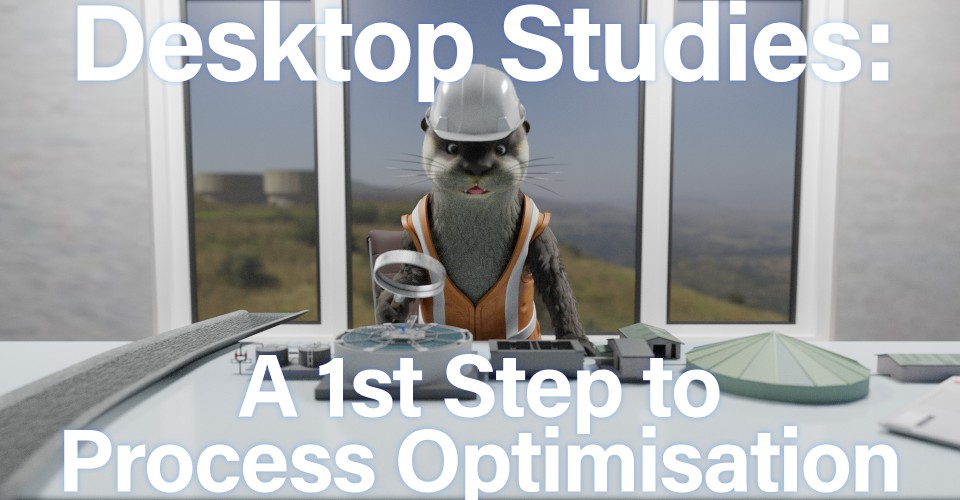
Typical Data Sources
Desktop studies draw from a wide array of data sources, including:
- SCADA systems for real-time operational data
- Lab reports and historical performance records
- GIS data from utilities
- Google Maps and Satellite imagery
- Compliance data
- Water quality data from regional authorities
- Platforms like Lutra ID can help consolidate and analyse these diverse datasets, making it easier to extract meaningful insights.
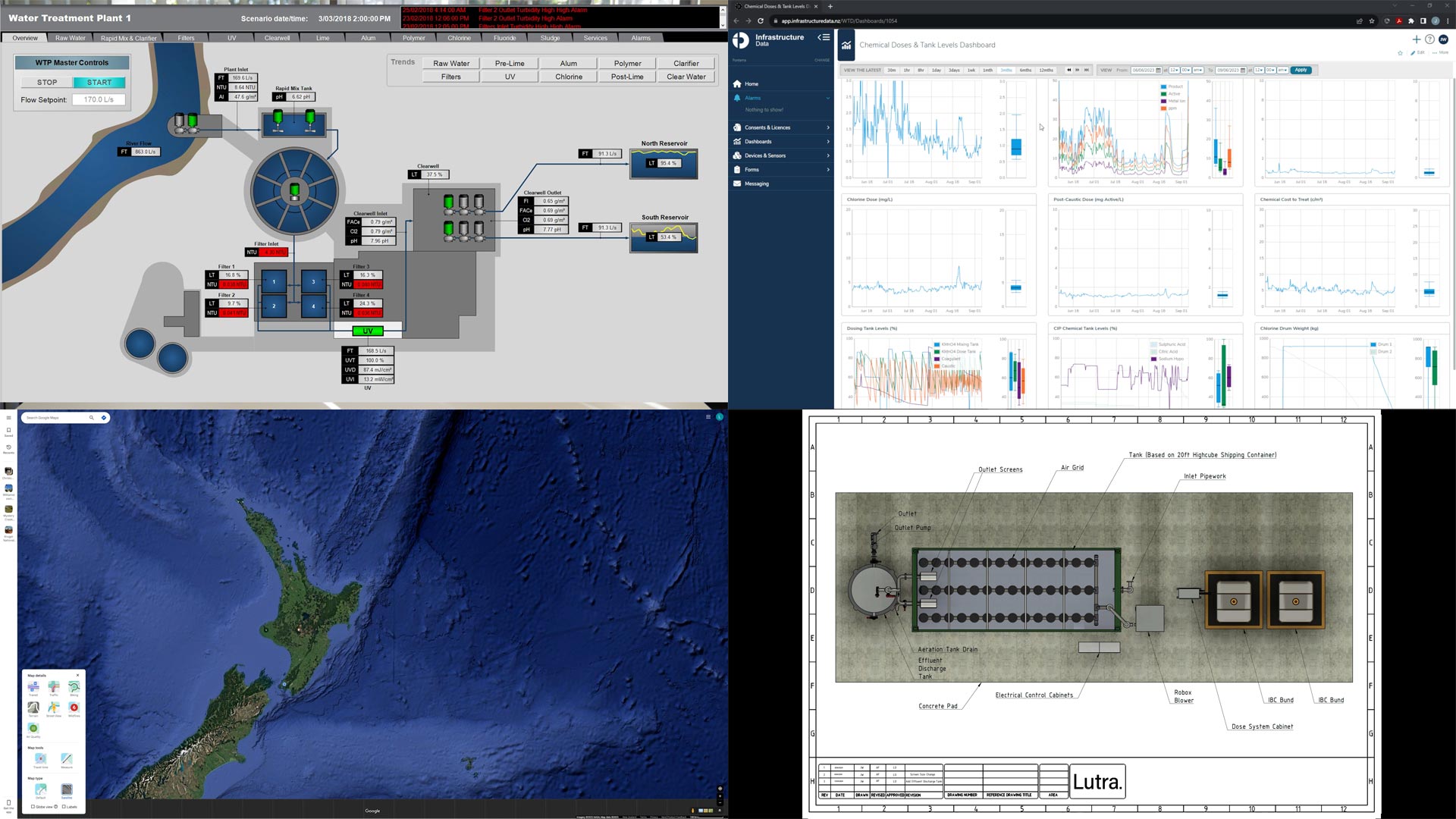
Real-World Applications
1. Feasibility and Master Planning
Desktop studies can be used for high-level master planning. By analysing demand figures, population growth models, and existing infrastructure, our engineers can assess whether a plant can meet future needs or if expansion is required.
2. Performance Optimisation
By studying and analysing performance data over specific periods and looking for issues and deviations from expected results you can often find ways to improve plant efficiency and optimise processes. This can be something simple like sub-optimal pH control, or incorrect coagulant dose control, but these small things can often lead to big savings over time.
3. Troubleshooting Operational Issues
From identifying sand entrainment in bore fields to diagnosing unexplained turbidity spikes, desktop studies have helped our clients pinpoint problems using historical SCADA data—saving time and resources.
4. Risk Assessments and Multi-Criteria Analysis
Desktop studies also support risk assessments and decision-making frameworks, providing a foundation for more detailed investigations and client collaboration.
Benefits and Limitations
Desktop studies are a useful tool especially either at the earlier stages of a project, and when there are limitations on site access. Desktop studies are not the perfect however, and have the following pros and cons.
Pros
• Cost-effective: No need for travel or on-site data collection.
• Fast turnaround: Enables quick, high-level assessments.
• Data-driven: Leverages existing information for actionable insights.
Cons
- Data quality: The accuracy of conclusions depends on the reliability of the data.
- Context gaps: Missing metadata (e.g., sampling conditions) can skew interpretations.
- Anecdotal knowledge: Operator insights and undocumented changes may be critical but hard to capture.
How To Ensure Effective Desktop Studies;
- Validate assumptions with clients to ensure accuracy.
- Are mindful of data limitations, such as outdated records or missing operational context.
- Incorporate operator feedback to fill in gaps and enhance understanding.
Summing It All Up
Desktop studies are a valuable tool that enable rapid, remote analysis of existing assets, potentially uncovering hidden issues, guiding strategic planning, and optimising plant operations.
If you're looking to explore how desktop studies can benefit your water or wastewater treatment plant, Lutra is here to help. Get in touch to learn more about our approach and how we can support your process engineering needs.

